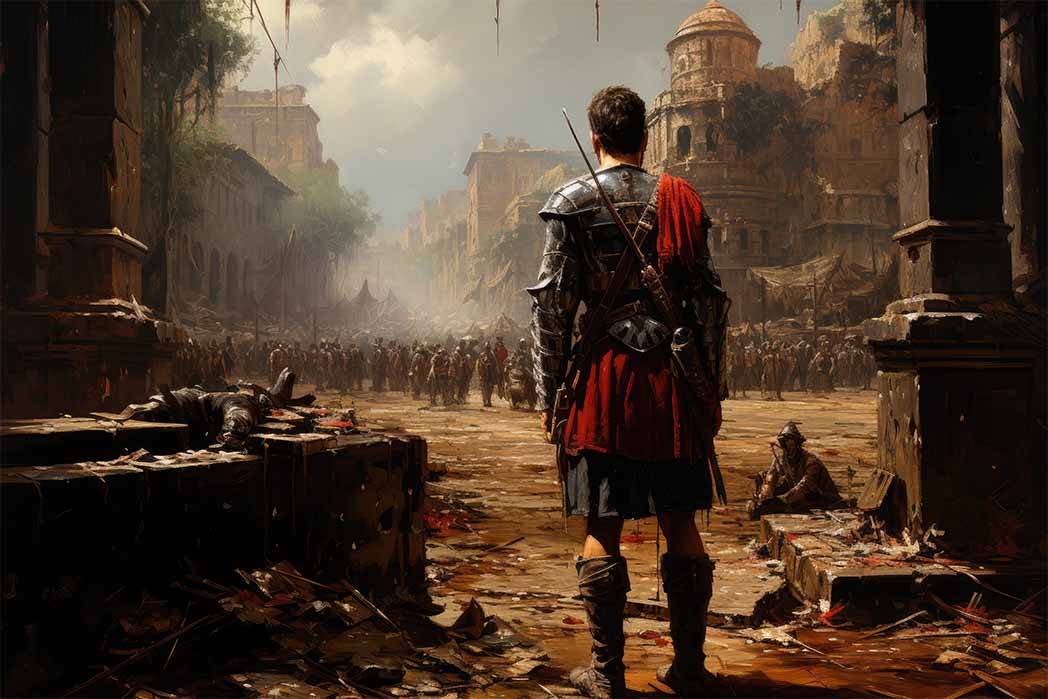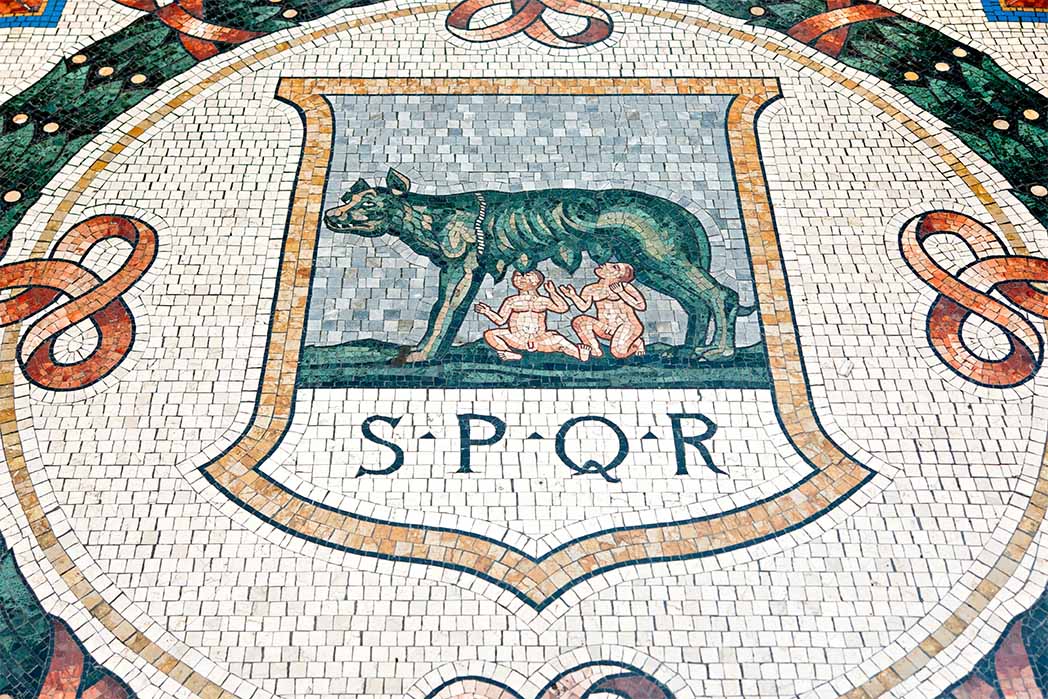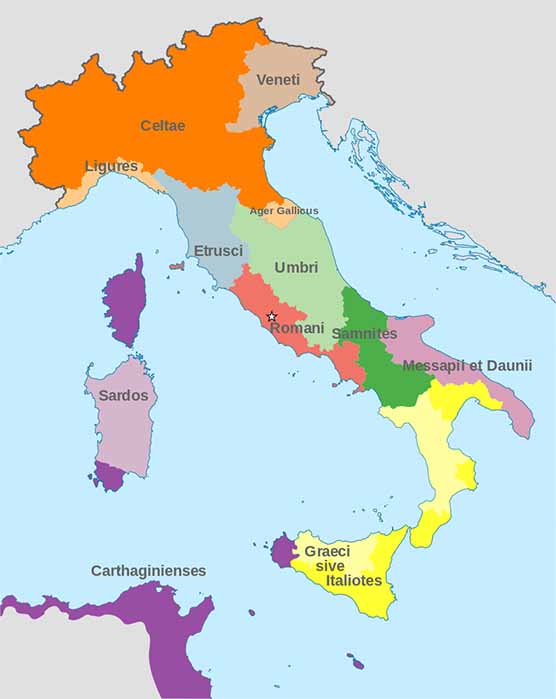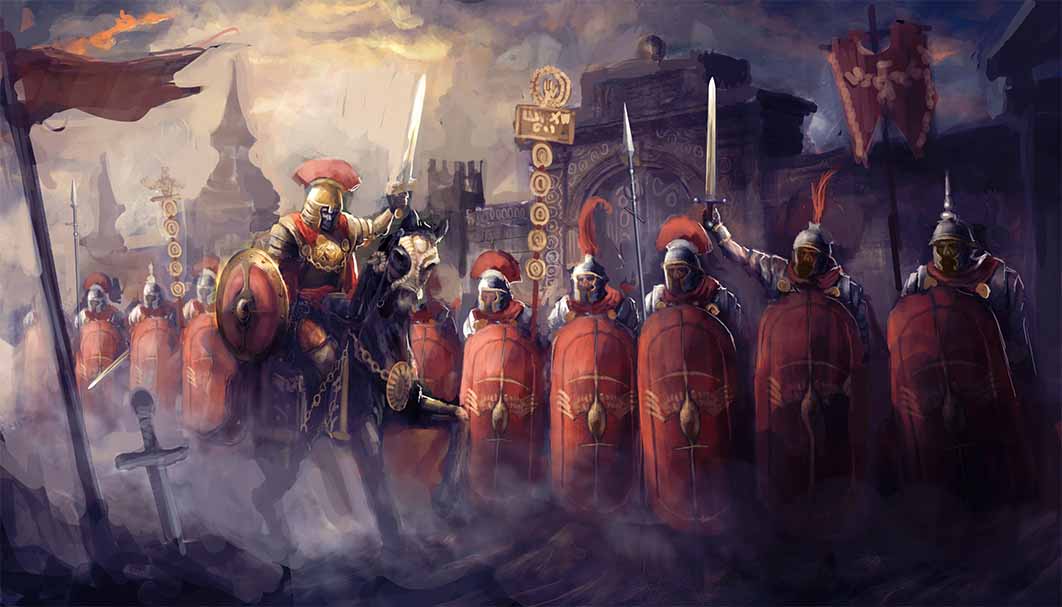
The Roman Empire’s Pragmatic Puzzle Of Provinces
The popular conception of the Romans, mainly fostered by movies and television, extends to their all-conquering dominance, their armies, gladiators, blood and gore, sex and violence, mad emperors, everything that titillates the imagination in fact, without any glimpse of the more sober and down to earth qualities that the Romans possessed, their pragmatism, their administrative flair, their law making, their readiness to recognize and adopt the better ideas and methods of other people, and their ability to adapt their governmental processes as circumstances changed. These talents enabled the Romans to govern other peoples, not according to rigidly applied unchanging principles, but on a flexible basis, if possible, taking into account the varied customs of the tribes and states that formed the Empire.

Mosaic of Romulus and Remus, founders of Rome. Vittorio Emanuele Gallery (Luciano Mortula-LGM/ Adobe Stock)
Prelude to the Empire
The Empire developed over a very long period, with its roots in the distant Roman past. From rule of the kings of Rome and throughout the Republic during the eighth to the first centuries BC the Romans steadily developed and modified the methods and techniques of administering the territories that came under their rule. From the earliest times the Romans had to deal with their immediate neighbors, fighting them if necessary, though Romans never admitted to aggression on their own part, asserting that all their wars were fully justified, and putting the blame on their adversaries. Their early wars were with nearby Italian cities or tribes, and though the Romans suffered defeats, they doggedly kept on fighting until they won, in the process killing many people, enslaving others, and usually occupying the enemy’s lands.
There was a lighter side, in that not infrequently they brought the conquered people to Rome, awarded them Roman citizenship and provided lands for them. This was one of Rome’s enduring assets, their readiness to integrate other people as Romans, which according to tradition began under the first king, Romulus, who designated an area called the Asylum on the Capitol Hill, where people could enter the city and join the Roman community, whatever their origins and backgrounds. Rome was not alone in doing this, since other nascent states of Italy also needed to build up their populations and they too invited people in. The Romans have been labelled a mongrel race, and it is true that the name Roman never did indicate a purely racial type, but a citizen of Rome, and later of the Empire, under Roman government and law.

A map of Italy in fourth century BC, showing various tribe confederations/alliances/groups in the wake of the Latin War (Halibutt / CC BY-SA 4.0)
Rome’s closest neighbors were the Latin states of the plain of Latium, speaking the same language, which after all is not called Roman but Latin, and Latins and Romans shared the same or similar customs and religion. The Romans and the individual Latin states were bound by separate alliances, since the Latins were not united until Roman hegemony morphed into dominance, and the Latins rebelled. The modern term for this new union, with no historical basis, is the Latin League. What emerged from the defeat of the Latins in 340 BC was a new scheme which ensured Roman supremacy, and prefigured the control of the Empire many years later. The inhabitants of some Latin cities were made full Roman citizens with all the privileges, rights and obligations that this entailed, while a new kind of citizenship was invented, called civitas sine suffragio, which meant that these new Latin citizens shared the privileges, rights and obligations as full citizens, but could not vote in the elections for the various magistrates in Rome. They governed themselves, paid taxes to Rome and contributed soldiers to the Roman army like other allied states, but there were restrictions on them, in that Latins could intermarry only with Romans and trade with them, but not with any other states. The Romans were learning not only how to rule but how to divide and rule.

Roman soldiers and their general (vukkostic/ Adobe Stock)




